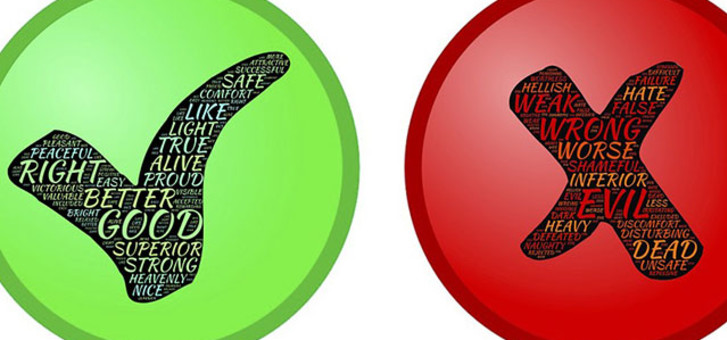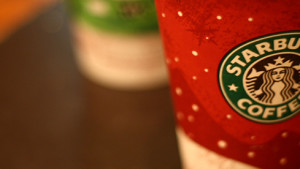We live in an age where our every move on social media is visible and ripe for scrutiny.
Once an advocate of Twitter, popular UK personality Stephen Fry recently deactivated his account. Fry was heavily criticised after tweeting that costume designer Jenny Beavan had dressed like “a bag lady” at the 2016 British Academy of Film and Television Awards ceremony.
“What a totally [stupid] thing for Stephen Fry to say about Jenny Beavan,” said fashion writer Poppy Dinsey, just one of Fry’s many critics.
Fry responded by tweeting that “joshing” was “legitimate” and that Beavan was a friend of his, before deactivating his account, calling Twitter “a stalking ground for the sanctimoniously self-righteous”.
“Sharing so much often backfires and invites negative feedback, which is difficult for most celebrities to take in,” clinical psychologist Seth Myers told The New York Times. The only solution these celebrities see is to cease their activity on social media, eliminating the sharing that makes them vulnerable. But shutting down conversation does not eliminate criticism—it merely suppresses it.
“There is only one way to avoid criticism: do nothing, say nothing and be nothing.”
This quote is often attributed to the Greek philosopher Aristotle. More recently, it has been accredited to nineteenth-century writer Elbert Hubbard. But wherever it originates, its message rings true. It doesn’t matter how talented, wealthy or accomplished you are. It doesn’t matter what colour, race or gender you are. As long as you are doing, saying and being, you leave yourself open to criticism. But that doesn’t have to be a bad thing.
In 2013, I joined Toastmasters, a global organisation founded to help people improve their public speaking. The first thing I learned was that everybody was evaluated. From the leaders of the club to its newest members, nobody was exempt.
At first, the thought of being analysed was incredibly intimidating. After all, I was just a beginner. And I wasn’t the only one who felt that way. Several people who had started around the same time as me gradually began dropping out. They didn’t want to be criticised.
But each evaluation I received was constructive, delivered by mentors who had once been where I was or newbies who offered a fresh perspective. Each evaluation gradually helped me to grow as a speaker and was delivered with the best of intentions.
2015 finished on a high. I was voted president of my club, Toastmaster of the Year and took home nine contest trophies. But guess what happened after my first speech this year? That’s right—I was evaluated.
Inflammatory personal attacks are painful, vindictive and unnecessary. But we shouldn’t put constructive criticism in the same boat. I want our Church to be one that listens to opinions, is open to feedback and doesn’t shut down conversation. I want our Church to grow stronger and better through advice from mentors and fresh perspectives from newbies. And no aspect of our Church should be free from evaluation by those who love it.
Otherwise we will do nothing, say nothing and be nothing.






